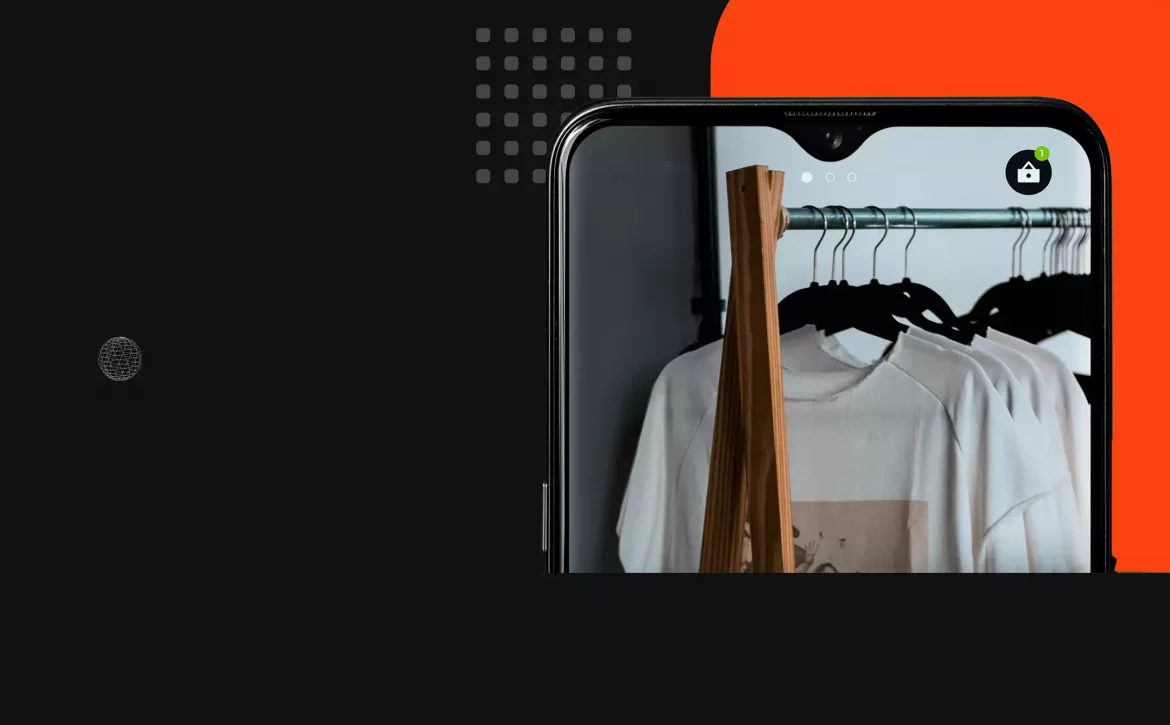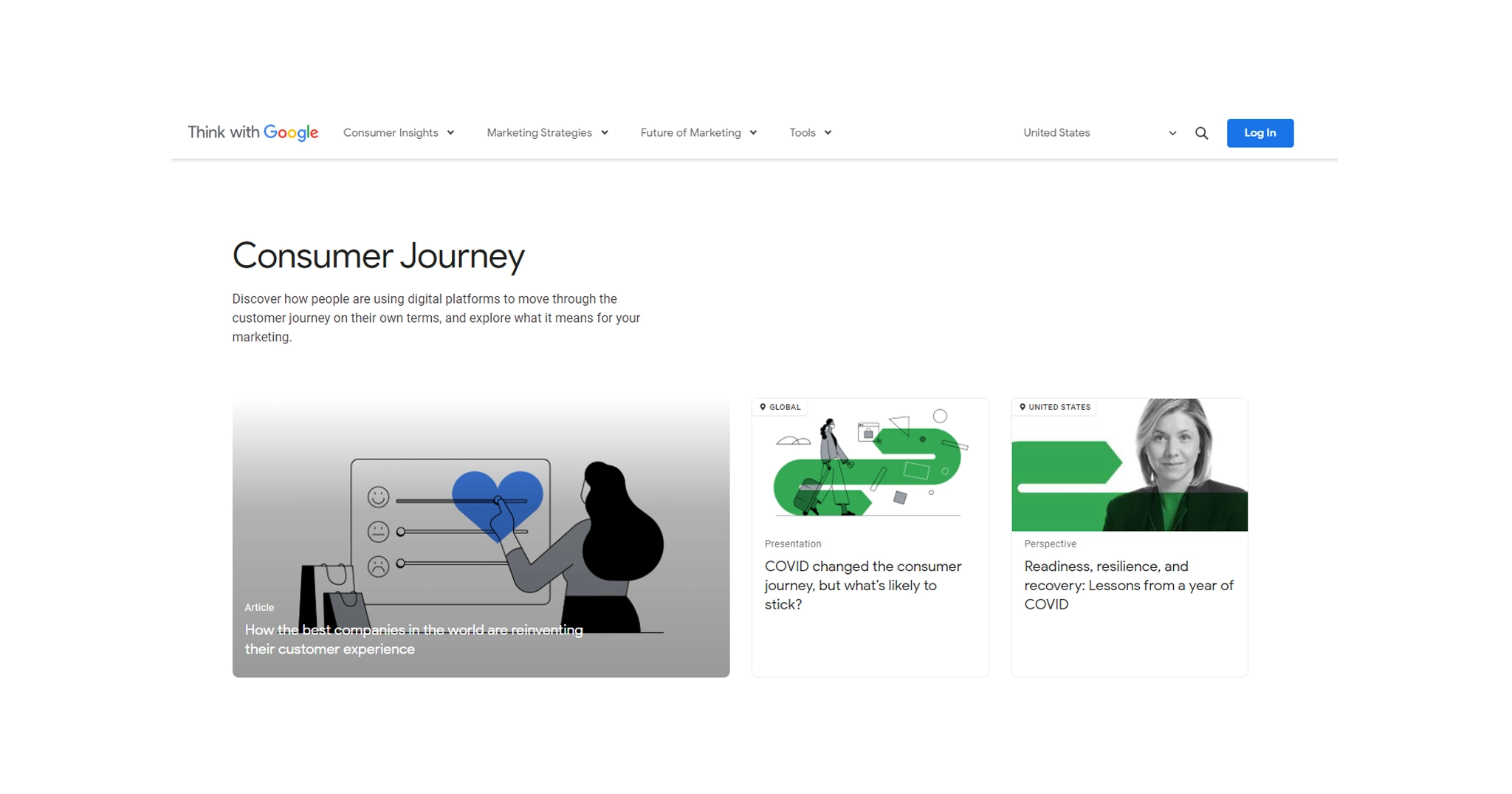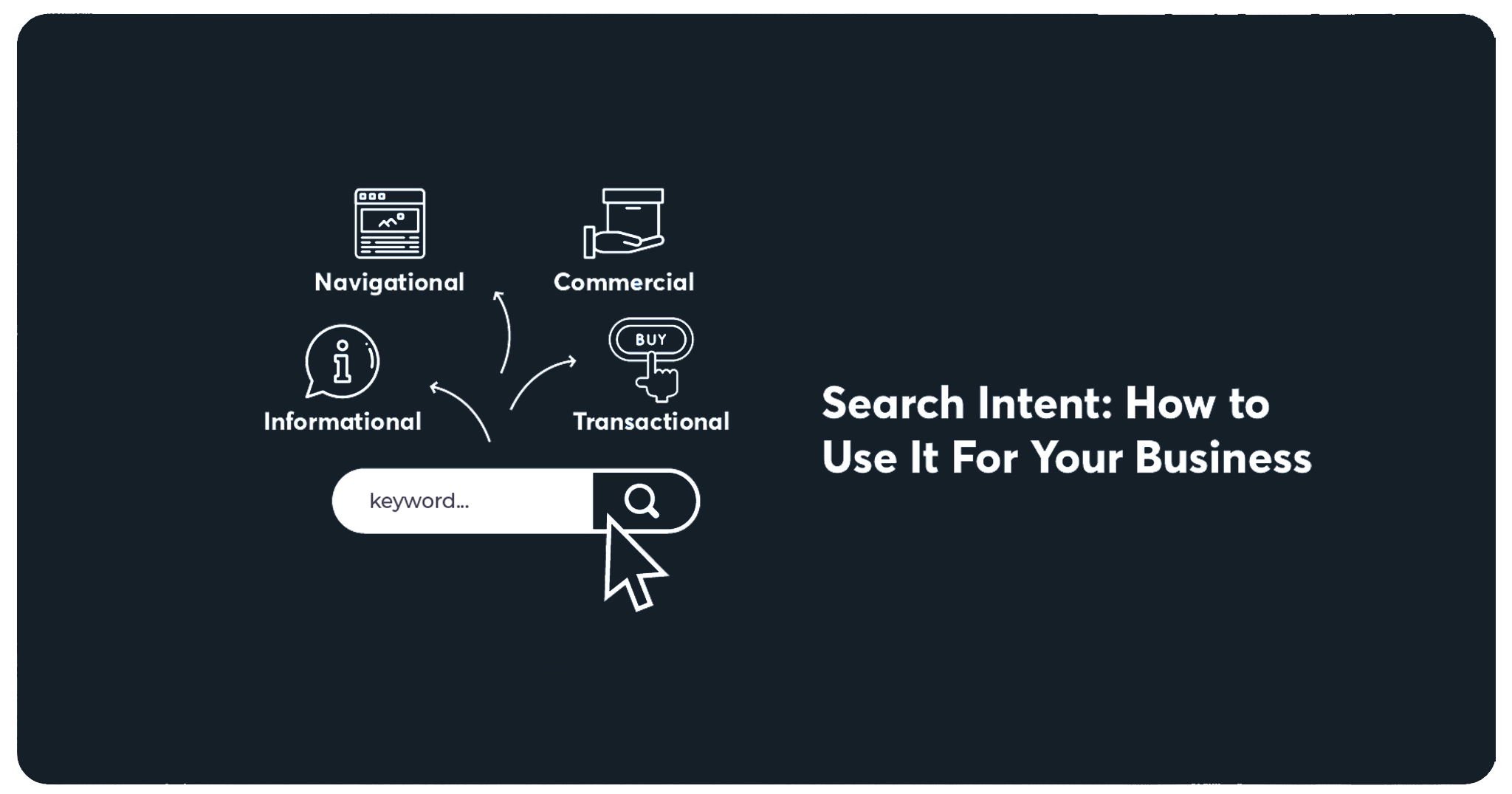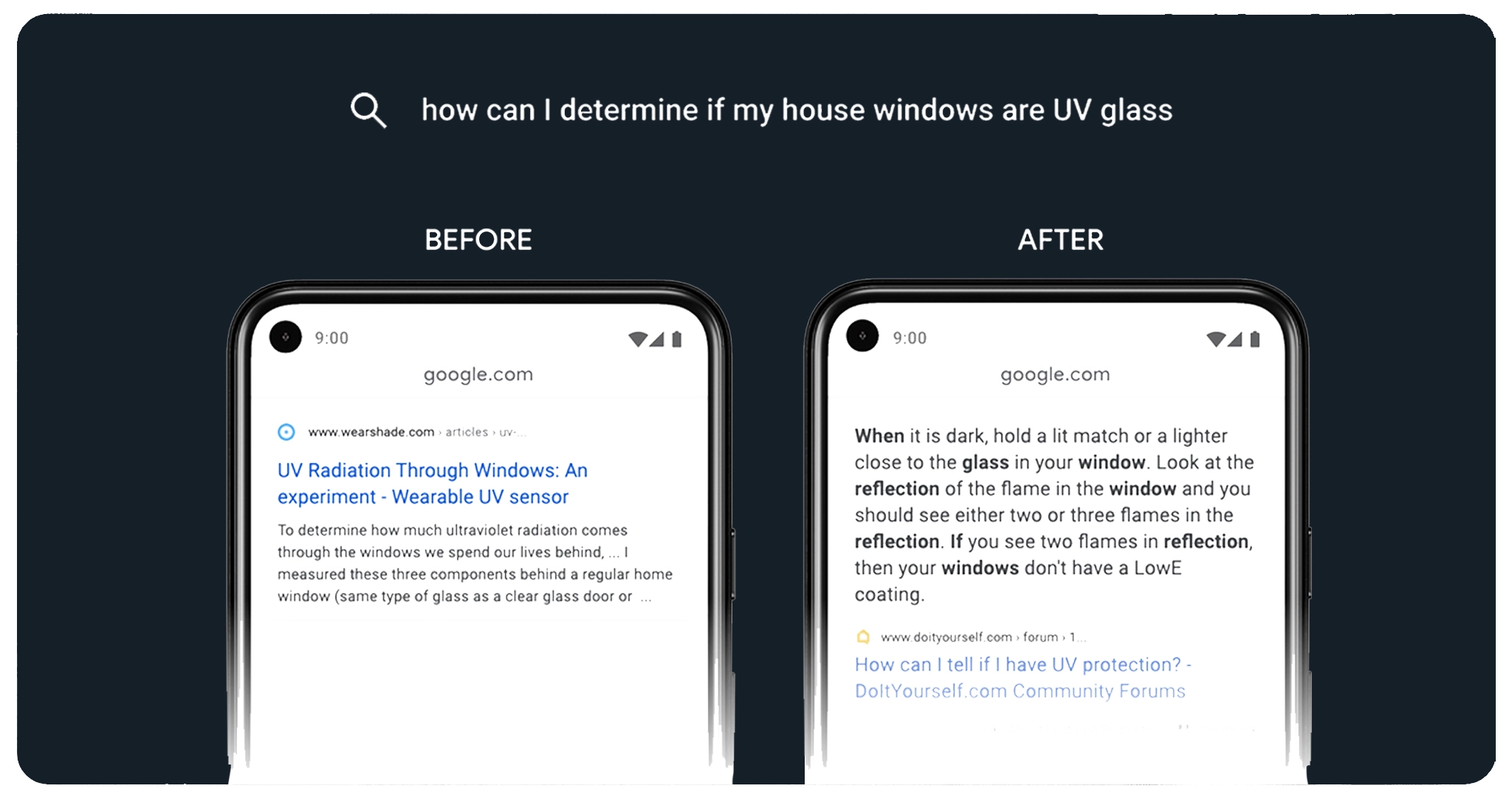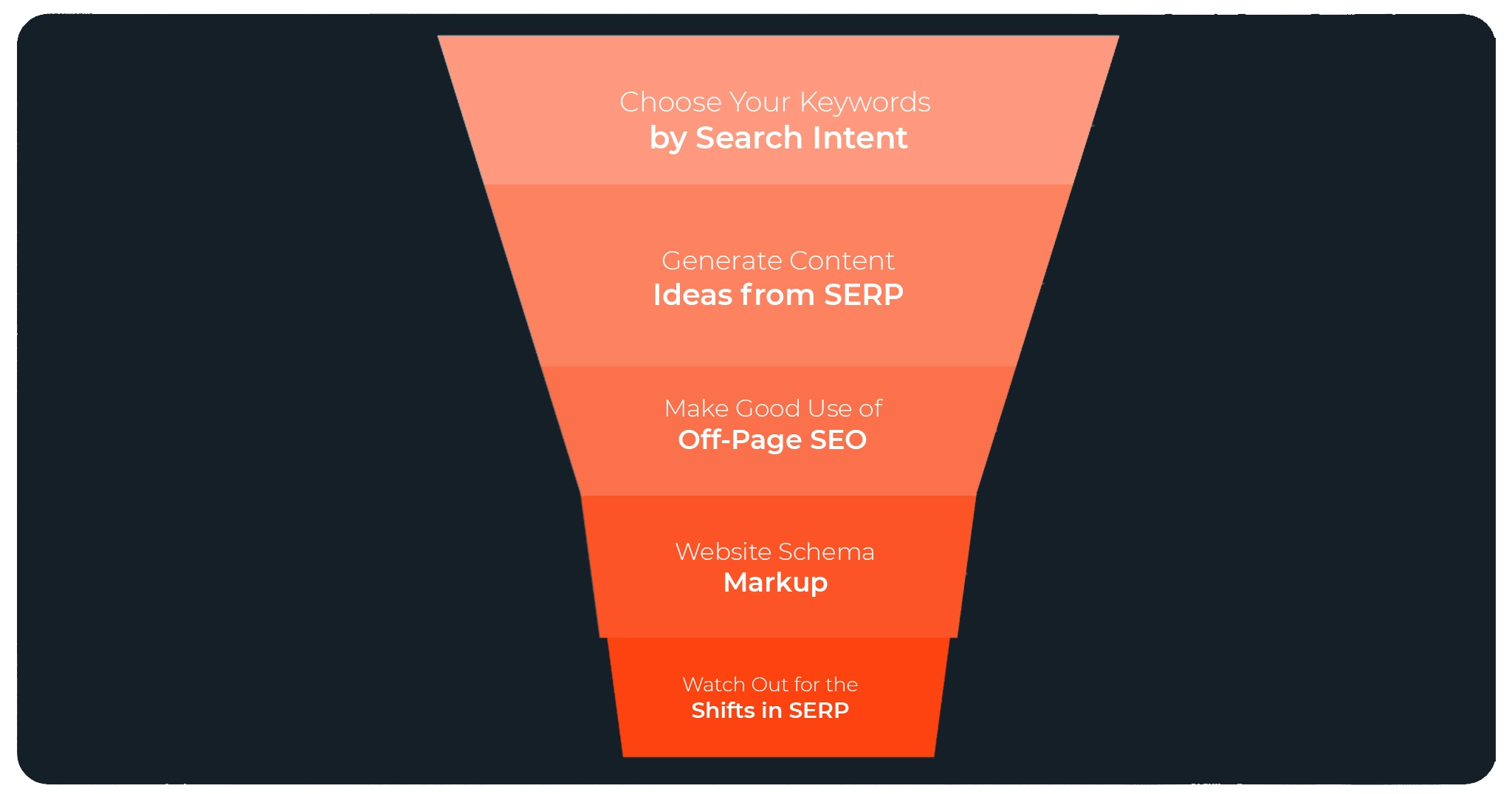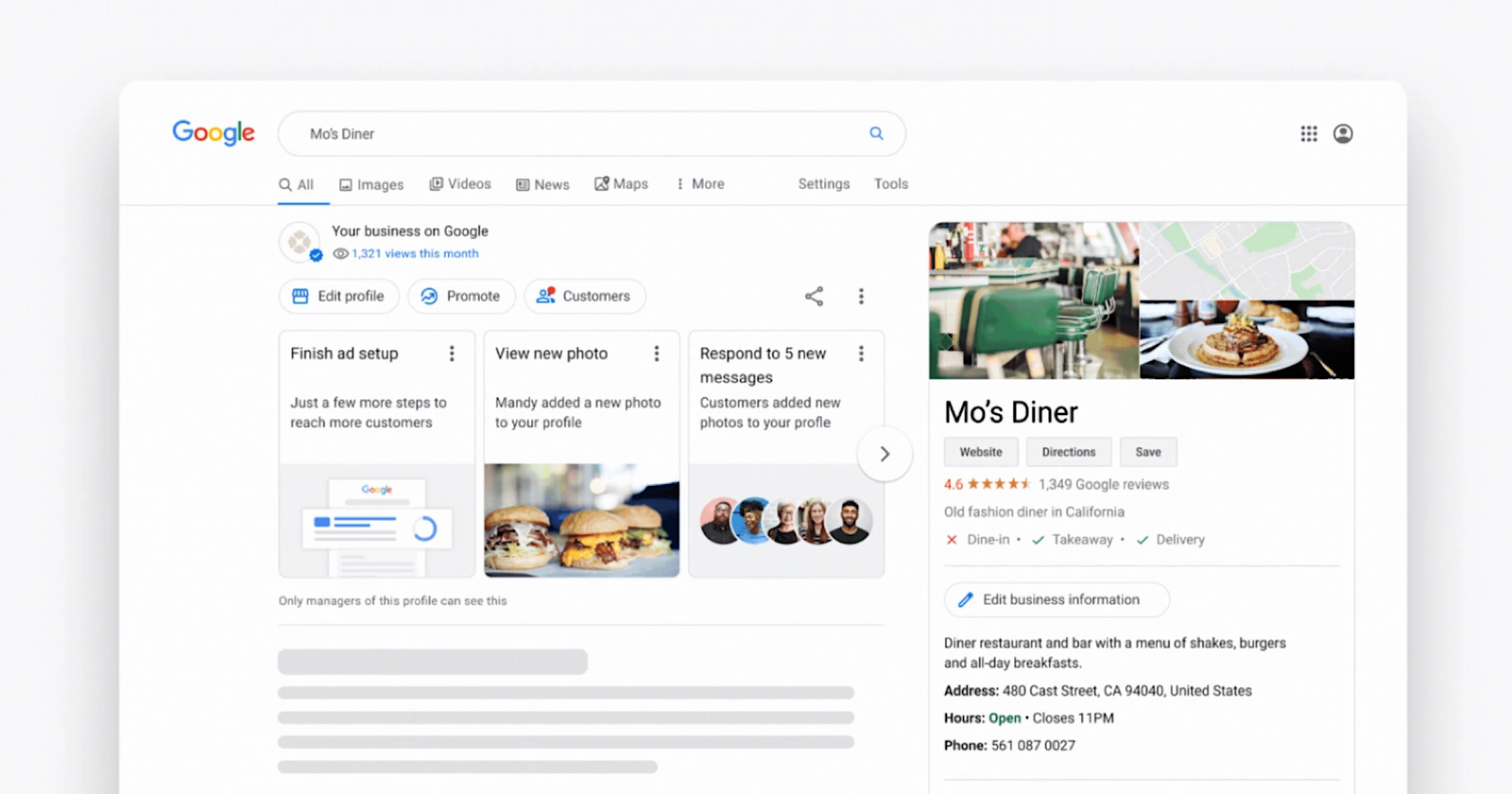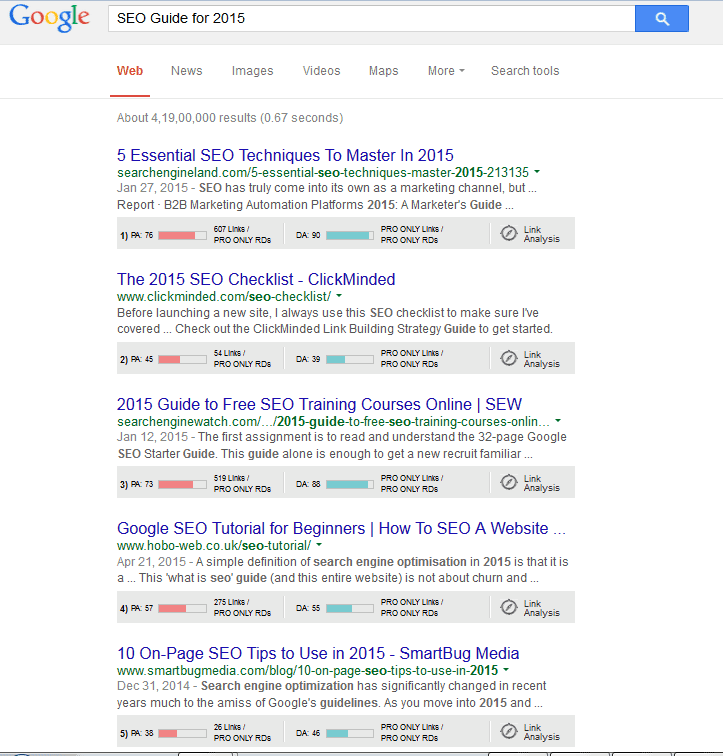Search Intent in SEO – A Quick Guide to Create the Right Content
Having knowledge about Search Intent is the secret factor to create an outstanding content strategy. Today, in this article, we’ll discuss the different types of search intent, how to determine the best search intent for your keywords, and how to optimize your content in the right way for search intent. First, let’s start from the basics.
1. What is Search Intent?
Search intent is the end goal a user has when he/she searching a query in a search engine, it’s the exact type of answer or resource a user is looking to receive in search results. We called it “Intent” because the search goal of the users is not always obvious from their query. For instance, if I search for something like “Honda Civic Cars”. Do I want to learn what Honda Civic Cars are? Which are the best models in Honda Civic Cars? Where can I buy a Honda Civic Car? Here my search intent is not clear, so it’s up to Google to interpret my search query and decide what kind of content to show in my search results. On the other hand, if I search something like “Best Honda Civic Car under $2500”, here my intent is clear that I want to see a list of Honda Civic Cars models. Most preferably with the purchase links.
2. Why Search Intent is Important for SEO?
Satisfying users’ Search Intent is the ultimate #1 goal of Google. Therefore, if you really want to succeed with your SEO and content marketing efforts, Search Intent needs to be a significant part of your approach. Actually, Google’s Quality Rater Guidelines are more FIXATED with Search Intent, and Google recently published a research report called “How Search Intent Is Redefining the Marketing Funnel” which simply showing us the importance of search intent. Backlinks and other traditional ranking factors are still important. But, if your webpage doesn’t satisfy the users’ Search Intent, it’s not going to rank in the SERP.
3. What Are the Different Types of Search Intent?
While there are endless search queries, we can categorize them into four primary intent categories:
- Informational
- Navigational
- Commercial
- Transactional
1) Informational Search Intent
You may have already guessed it, yes, searches with the intent to get information categorized as Informational Search Intent. These information search queries could be in the form of a how-to guide, a recipe, or a definition, and it’s one of the most common search intents, as users can look for answers to a vast number of different questions. However, not all informational search queries are questions. Users simply searching for “Jay Shetty” are most likely looking for information about Jay Shetty.
Examples of Informational Search Queries:
- “What is Adaptive Marketing?”
- “Robin Sharma”
- ”Directions to Paris Charles de Gaulle Airport”
- “SEO”
- “Football Scores”
2) Navigational Search Intent
Sometimes users just want to get somewhere, both online and in real life. The users simply looking to navigate to a specific website or webpage, and it’s often easier to do a quick search in Google than to type out the URL., also the user could be unsure of the exact URL for a specific website/webpage. As such, these searches tend to be brand or website names. Besides, users can look for an address of a real-world place and google like Pizza Hut London.

- “LinkedIn”
- “Ahrefs SEO Beginners Guide”
- “Facebook Login”
- “McDonald’s Melbourne”
- “Moz Keyword Research Guide”
3) Commercial Search Intent
Commercial Search Intent is also called commercial investigation. Users start their commercial investigation before they’re ready to make a purchase. Usually, they use search to investigate brands, products or services. In their commercial investigation, users often compare products and brands to find the best solution for them. These searches queries often include non-branded localized terms such as “best face cream for winter” or “The Best Indian Restaurants in NYC.”

- “Top Indian Restaurants in London”
- “Best Bodybuilding Supplements”
- “WordPress or Medium for the blog”
- “Best Dedicated Server Hosting Germany”
- “Ahrefs or SEMrush”
4) Transactional Search Intent
Users do transactional searches when they are looking to make a purchase. So these searches have words like buy, price, cheap, etc. Also, these searches are mostly about a subscription, service or product. Usually, these transactional searchers have a good idea of what they’re looking for. So, they look for places to make purchase means they search for a product/service page, with a straightforward layout, pricing, and a buy button.

- “iPhone 12 Pro Max Price”
- “Expressvpn Coupon”
- “Buy Michael Kors Handbags”
- “H&M Men’s Shoes Sale”
- “Shop Mac Cosmetics Online”
4. How Does Google Understand Search Intent?
Google always wanted to satisfy users’ search intent to provide them with a better user experience. There has been a series of Google algorithm updates specifically aimed to give more importance to search intent. For example, RankBrain update back in 2015 focused on search query context like user’s location, search history, etc. Then there was BERT update in 2019, which aimed to resolve lexical ambiguity, learn new words, find synonyms, and soon there will be a MUM algorithm update that will be able to change/adjust the content in order to satisfy users’ search intent. But, if we keep these Google algorithm updates aside, there are three general factors that Google uses to understand search intent, they are:
 Context of Search Query
Context of Search Query
In simple words, context is the circumstance surrounding your search query like your location, language, current events, and search history. For example, if you were to google Australia on a normal day, you’d get a SERP result of regular pages from Wikipedia and the tourist resources. But, if you were to google Australia on the day it was hit by bushfires, the entire SERP results will change to the news coverage about the bushfires.
 The phrasing of Search Query
The phrasing of Search Query
The more words you add to your search query the more clear and defined the search intent. When the search query is formed as a question using modifying words like what, why, how then the intent is most likely informational search intent, on the other hand, if the search queries have words like best, review, top then the intent is most likely commercial search intent.
 User behaviour
User behaviour
Google analyze the type of content most of the users prefer for the specific search query and promotes more of such content in the SERP results. For example, if many users search for “how to fix the blue screen on the computer”, and immediately switch video results to watch tutorial videos, then Google might consider including those video results into the main SERP results. This could be one of the reasons we see different types of content ranking for similar types of search queries.
5. How to Optimize Your Content for Search Intent?
Now, the trick is to find out the best content approach to satisfy each type of search query based on its search intent. For that, we need to have a proper strategic plan. So, let’s check out how to optimize the content for search intent.
1) Choose Your Keywords by Search Intent
When doing keyword research for your website content, just make sure that you have taken search intent into account. There is no reason to create informational content that targets commercial search queries, simply it’s a waste of resources. So, choose and split your keywords by search intent and add them onto corresponding content. There are many keyword research tools out there where you can use filters to identify keywords with specific search intent.
2) Generate Content Ideas from SERP
Now, you have the Keywords list sorted by search intent, so, it’s time to find out the best type of content to satisfy the users. As we already discussed, the intent of the search query and the search query itself are not reliable resources to indicate the type of content needed to satisfy searchers. It’s most common for two similar search queries to be satisfied with very different SERP results. Therefore, the only reliable resource to create the best type of content for a specific search query is to look at what types of content already ranking in SERP. With a quick systemic approach, you can identify which search queries are best satisfied with text content, videos, image galleries, reviews and so on.
3) Make Good Use of Off-Page SEO
Did you ever notice that certain types of search queries are best met with web 2.0 content and other off-page content? If that’s the case with your search query, then consider making these platforms a part of your content strategy. For example, if a certain search query is often met with results from YouTube, then consider creating a corresponding YouTube video and then have your YouTube channel connected to your website. This way you can get into SERP and still have some traffic generated into your website. Another platform you have to consider for local SEO and navigational search queries is the Google My Business listing, this will get your business into a GMB panel, local SERP results, and Google maps. Also, you have to join the Google Merchant Center and have your product pages validated with Google that will help you get your products directly into SERP results and have them featured for transactional and commercial types of search queries.
4) Add Your Website Schema Markup
Search results are getting more diverse and complex. We can see that there are knowledge panels, videos, featured snippets, rich snippets along with 200 other SERP features. All of these SERP features exist to satisfy very specific search intents of users, like searchers looking for brand information, products, recipes, answers to complex questions, etc. One way Google can pull this specific information from our websites is by relying on Schema markup, aka structured data. schema markup is a collection of HTML tags that are used to highlight the different types of content on our web pages. For example, if it’s a recipe post, we can use schema markup to highlight each ingredient, calorie, cooking time, the number of servings, etc. And Google can use this specific information about the recipe to create a rich snippet. There are certain types of search queries for which you have no chance of ranking in the SERP if you don’t have schema markup on your web pages. For other search queries, having schema markup is not essential, but having it may give you an advantage over your competitors.
5) Watch Out for the Shifts in SERP
SERPs have fluidity. You might have cracked the SERP with exactly the right type of content, but the entire thing might change a day from now. Google constantly introduce New SERP features, so, users may go to other types of content, and your competitors are always on the watch out to grab your positions. But, the fluidity of SERP is not a big problem, it can be an opportunity for you to rank better. Always, watch your rank positions in SERP results, and if you see any sudden drop in rankings, investigate the SERP, look for the change in the way Google satisfies search intent with SERP. Then modify your content accordingly. It’s not an issue to regain your SERP rankings if you optimize your content quickly.
Conclusion ????
SERP results have been changing rapidly. These days, we can see everything in SERP like blue links, images, videos, stories, featured snippets, products, etc. It seems like Google is experimenting with different ways to satisfy searchers’ search intent. If this trend continues, then it’s a good idea to optimize your content for search intent that will enhance your SEO performance, also help you rank better in SERP.
Hope you found this search intent guide helpful. Let me know your thoughts in the comments below!

